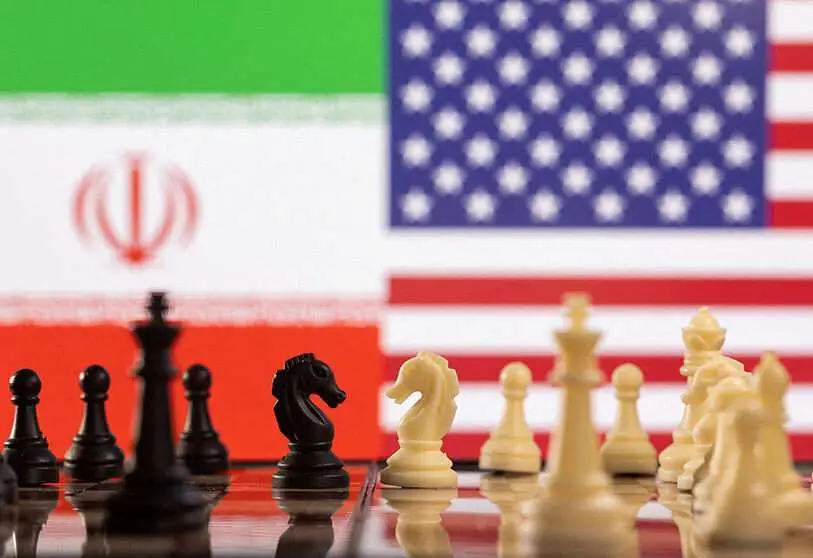Iran-US prisoner swap increasingly possible to formalise nuclear deal

Negotiations to resume the nuclear deal are in the final stretch. "Apparently, negotiations on the restoration of the JCPOA are about to cross the finish line," said Mikhail Ulyanov, Russia's representative during the negotiations in Vienna, via Twitter. One of the US administration's main conditions for reviving the nuclear alliance is the surrender of prisoners by the Islamic Republic, which is expected to happen soon between the Persian country and the US giant, according to sources close to the nuclear negotiations.
Last week marked a turning point in the negotiations for both Tehran and the Western powers, after 10 months of talks began to find common ground to save the 2015 JCPOA. "Key issues must be resolved, but the end was near," tweeted Enrique Mora, coordinator of the talks. During that week, a draft was presented, in which two essential actors were set, among others, for the formalisation of the agreement: on the part of Iran, the release of Western and Iranian prisoners with dual nationality accused of espionage, and on the part of the Western powers, the unfreezing of Iranian funds located in South Korean banks.

One of these two conditions seems feasible. "The Islamic Republic is ready for an immediate prisoner exchange with the United States," said Hossein Amirabdollahian, Iran's Foreign Minister. "Iran has always and repeatedly expressed its readiness to exchange prisoners. Months ago, we were ready to do it, but the Americans ruined the deal," a senior Tehran official told Reuters. "Now I think some of them will be released, maybe five or six of them. But these prisoner talks are not linked to the nuclear deal, they are associated with it. This is a humanitarian measure by Iran," he added.
At all times, US negotiator Robert Malley has stated, on different occasions, that the nuclear deal will not be formalised without the release of certain US prisoners, such as the Iranian American father and son, Baquer and Siamak Namazi, who are allegedly being held hostage by the Iranian state. "Six years ago, the Iranian government arrested Baquer Namazi, and they still refuse to let him leave the country," the US negotiator tweeted. "The Iranian Government can and must release the Namazis, Emad Shargi, Morad Tahbaz and other unjustly held US and foreign nationals," he added.

The UK has also called for the release of British-Iranian prisoners such as Anousheh Ashouri, imprisoned for espionage, and Nazanin Zaghari-Ratcliffe, convicted of conspiracy to overthrow the clerical establishment. In contrast, Tehran has also called for the release of more than a dozen Iranians detained in the US, including seven Iranian-US dual nationals, two Iranians with permanent residency, and four Iranian citizens without legal status in the US. All of them were imprisoned for violating Washington's sanctions against Iran.
In recent years, the Revolutionary Guard has arrested dozens of dual nationals and foreign nationals, most of them on espionage and security charges. It is worth noting that the Islamic Republic does not recognise dual citizenship and has always denied the detention of prisoners as a diplomatic weapon.

However, since Donald Trump's withdrawal from the nuclear deal, Tehran has been rebuilding its stockpile of enriched uranium, converting it to a higher fissile purity, while installing centrifuges to accelerate all production. This could change with the entry into force of the future nuclear deal, with negotiations expected to be formalised by the end of the week, although "nothing is agreed until everything is agreed", Iranian officials told Reuters.
Americas Coordinator: José Antonio Sierra.








